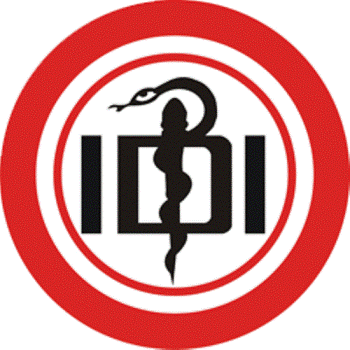Division of Global Health Equity
 In September of 2001, the Department of Medicine at Brigham and Women's Hospital (BWH) created a new division dedicated to addressing health disparities through training, education, research and service. The Division of Global Health Equity (DGHE), in close collaboration with Partners In Health (PIH), a non-profit organization, the François-Xavier Bagnoud Center for Health and Human Rights at the Harvard School of Public Health, and the Department of Global Health and Social Medicine of Harvard Medical School (DGHSM), uses insights from anthropology, history, sociology, epidemiology, statistics, economics, and other social sciences to improve medical care in the world's poorest areas.
In September of 2001, the Department of Medicine at Brigham and Women's Hospital (BWH) created a new division dedicated to addressing health disparities through training, education, research and service. The Division of Global Health Equity (DGHE), in close collaboration with Partners In Health (PIH), a non-profit organization, the François-Xavier Bagnoud Center for Health and Human Rights at the Harvard School of Public Health, and the Department of Global Health and Social Medicine of Harvard Medical School (DGHSM), uses insights from anthropology, history, sociology, epidemiology, statistics, economics, and other social sciences to improve medical care in the world's poorest areas.
The DGHE fosters the support and coordination of training, research, and service to reduce disparities in disease burden and to improve treatment outcomes both at home and abroad. The Division focuses on infectious diseases (e.g., HIV and tuberculosis) as well as non-infectious diseases (e.g., coronary artery disease, diabetes, addiction) and other health problems of major importance to society.
In the United States, racial and economic disparities result in significant public health problems. In poor countries, where infectious disease remains a leading cause of premature death, health disparities are even greater. Diseases like HIV/AIDS and tuberculosis, which are treated with overwhelming success in affluent settings, are too often a death sentence for the poor.
The ramifications of inadequate health care are significant. First and foremost, the human cost is staggering. The burden of illness on the poor and disenfranchised exacerbates poverty, in turn condemning many to a future of poor health and suffering. Countries with a high disease burden face lost productivity, missed educational opportunities, and high health care costs.
| Contact Us | |
| Phone: | 617-432-6954 |
| Address: | FXB Building, 651 Huntington Ave., 7th Floor, Boston, MA 02115 |
Staff Physicians
24.jpg)























1 comment:
Kurang baiknya sistem kesehatan pada negara miskin dan berkembang terutama untuk masyarakat yang kurang mampu ,membuat berkurang nya produktivitas ,terhambatnya akses terhadap pendidikan dan tidak pernah teratasi nya masalah kesehatan dasar ,yang pada akhirnya makin memperlambat keluarnya suatu negara dari keterpurukan nya.Siapa yang mampu memutuskan lingkaran setan ini ?
Post a Comment